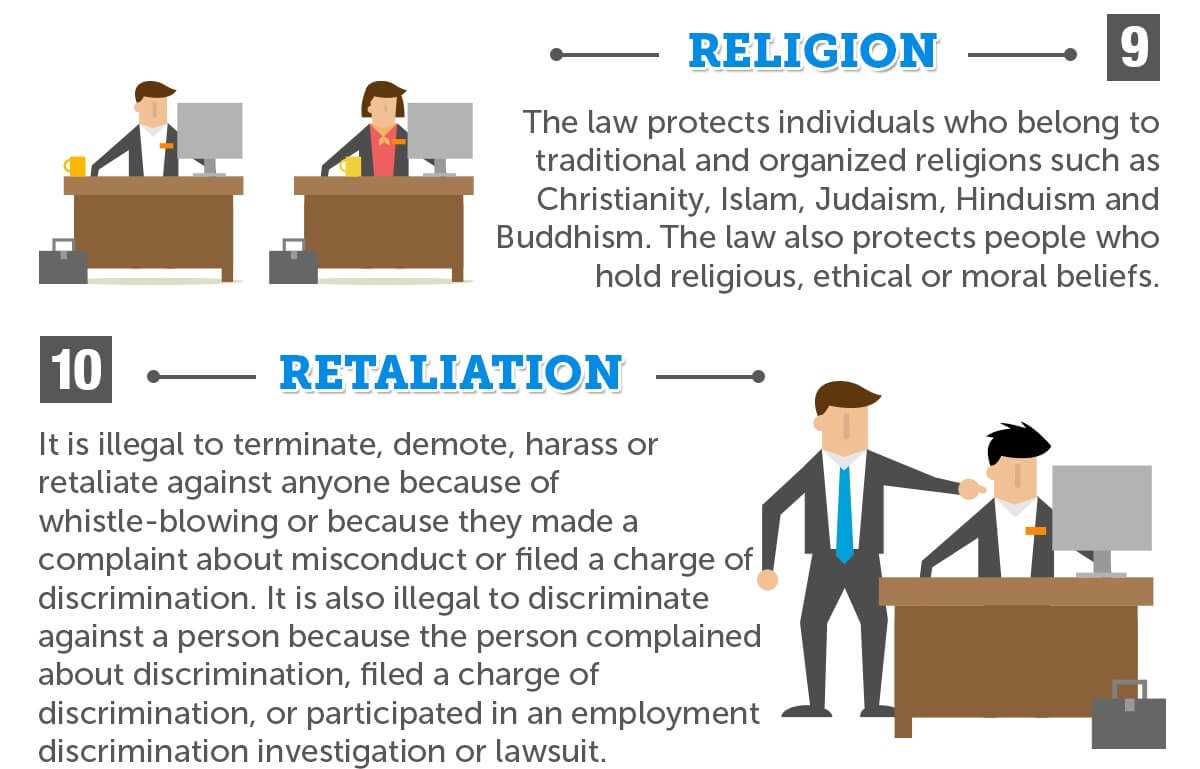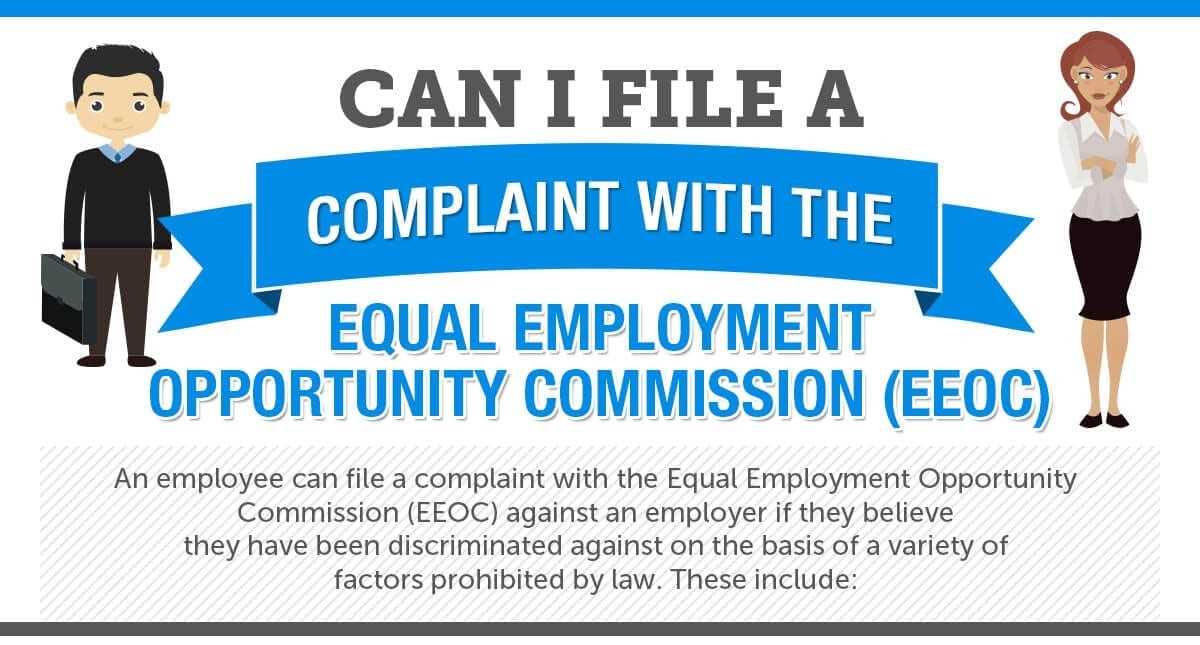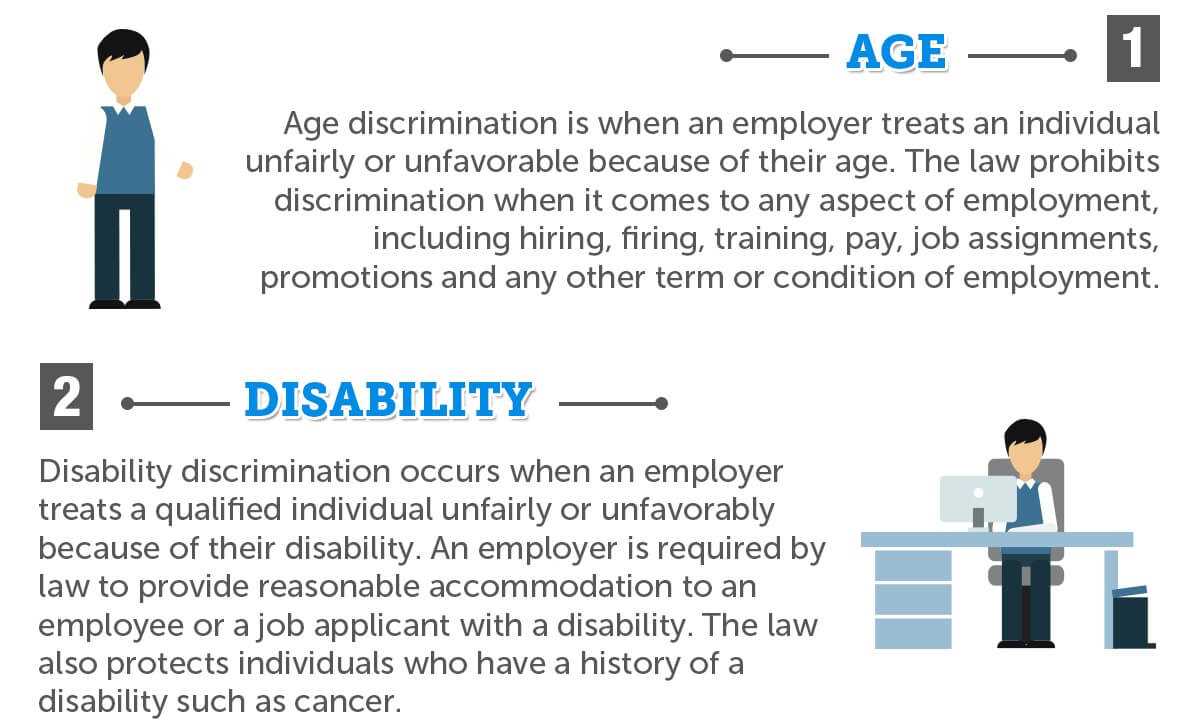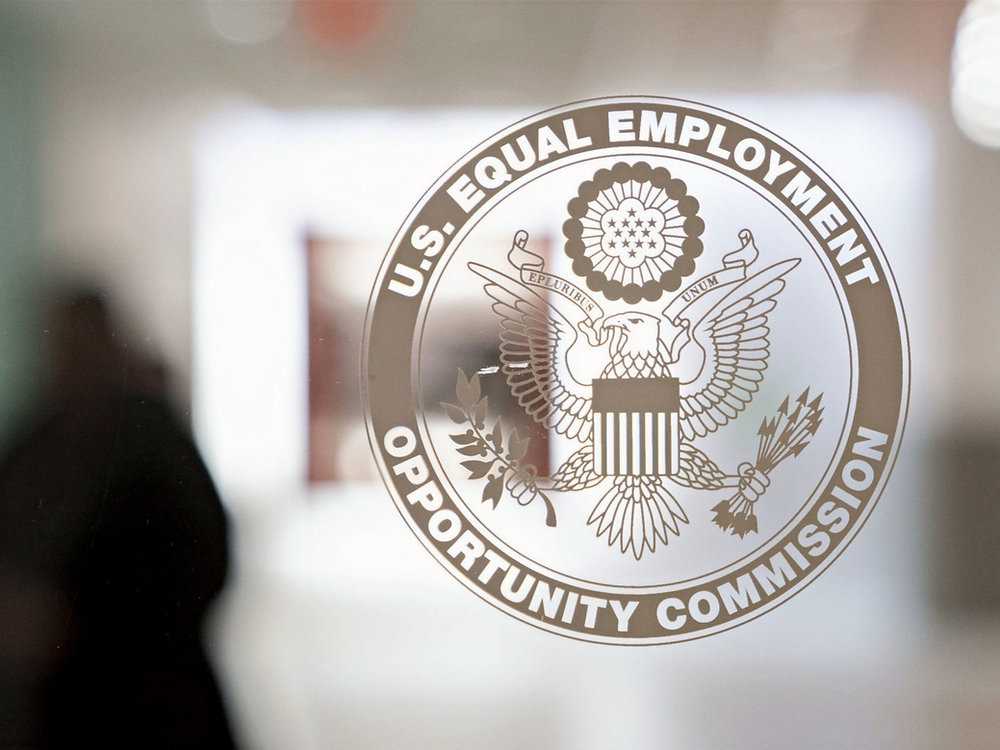Equal Employment Opportunity Commission: Definition and Role

The Equal Employment Opportunity Commission (EEOC) is a federal agency in the United States that is responsible for enforcing laws against workplace discrimination. The EEOC was established in 1965 as part of the Civil Rights Act and is charged with ensuring that all individuals have equal opportunities in employment, regardless of their race, color, religion, sex, national origin, age, disability, or genetic information.
The role of the EEOC is to investigate and resolve complaints of discrimination filed by individuals against employers. The commission also works to prevent discrimination through education and outreach programs, as well as by providing guidance to employers on how to comply with anti-discrimination laws.
In addition to investigating individual complaints, the EEOC also conducts systemic investigations to identify patterns or practices of discrimination within an industry or organization. These investigations can result in lawsuits or other enforcement actions to address widespread discrimination.
The EEOC plays a crucial role in promoting equal employment opportunities and ensuring that individuals are not discriminated against in the workplace. By enforcing anti-discrimination laws and providing guidance to employers, the EEOC helps to create a fair and inclusive work environment for all individuals.
What is the Equal Employment Opportunity Commission (EEOC)?

The Equal Employment Opportunity Commission (EEOC) is a federal agency in the United States that enforces civil rights laws against workplace discrimination. It was established in 1965 as part of the Civil Rights Act of 1964 and is responsible for ensuring equal employment opportunities for all individuals, regardless of their race, color, religion, sex, national origin, age, disability, or genetic information.
Additionally, the EEOC works to prevent discrimination through outreach and education programs. It conducts training sessions, publishes educational materials, and participates in conferences and events to raise awareness about workplace discrimination and promote compliance with the law.
The EEOC plays a crucial role in promoting diversity and inclusion in the workplace. By enforcing anti-discrimination laws, the commission helps create a fair and equal employment environment where individuals are judged based on their qualifications and abilities rather than their protected characteristics.
In summary, the Equal Employment Opportunity Commission is a vital government agency that works to eliminate workplace discrimination and ensure equal employment opportunities for all individuals. Through its enforcement, education, and outreach efforts, the EEOC plays a significant role in promoting fairness and equality in the American workforce.
The Role of the EEOC in Ensuring Equal Employment Opportunities
The Equal Employment Opportunity Commission (EEOC) plays a crucial role in ensuring equal employment opportunities for all individuals in the United States. As a federal agency, the EEOC is responsible for enforcing laws that prohibit workplace discrimination based on race, color, religion, sex, national origin, age, disability, and genetic information.
In addition to investigating individual complaints, the EEOC also engages in proactive efforts to prevent discrimination in the workplace. The agency provides guidance and training to employers and employees on their rights and responsibilities under the law. It also conducts outreach programs to educate the public about workplace discrimination and promote diversity and inclusion.
The EEOC also plays a role in enforcing affirmative action programs. Affirmative action refers to policies and practices that are designed to promote equal opportunity for historically disadvantaged groups. The EEOC ensures that employers who are subject to affirmative action requirements comply with the law and take proactive steps to address underrepresentation and promote diversity in their workforce.
Furthermore, the EEOC collects and analyzes data on workplace demographics to identify trends and patterns of discrimination. This data helps the agency in its enforcement efforts and allows it to target industries or regions where discrimination may be prevalent.
Overall, the EEOC is instrumental in promoting fair and equal employment opportunities for all individuals. Through its enforcement, education, and outreach efforts, the EEOC works to eradicate workplace discrimination and create a level playing field for everyone.
Government and Policy: The EEOC’s Impact on Workplace Equality
The Equal Employment Opportunity Commission (EEOC) plays a crucial role in promoting workplace equality and ensuring that all individuals have equal opportunities for employment. Established in 1965, the EEOC is a federal agency responsible for enforcing federal laws that prohibit workplace discrimination based on race, color, religion, sex, national origin, age, disability, or genetic information.
One of the main goals of the EEOC is to eliminate any barriers to equal employment opportunities and to create a level playing field for all individuals in the workforce. The commission investigates complaints of discrimination filed by employees against their employers and takes appropriate action to address these issues. This can include mediation, settlement negotiations, or filing lawsuits on behalf of the employees.
Enforcement of Anti-Discrimination Laws

The EEOC is responsible for enforcing several important anti-discrimination laws, including Title VII of the Civil Rights Act of 1964, the Age Discrimination in Employment Act, the Americans with Disabilities Act, and the Genetic Information Nondiscrimination Act. These laws provide protection against discrimination in various aspects of employment, such as hiring, promotion, wages, and termination.
Education and Outreach

In addition to its enforcement activities, the EEOC also plays a vital role in educating the public about workplace discrimination and promoting awareness of employees’ rights. The commission provides valuable resources and information to employers, employees, and the general public to help them understand their rights and responsibilities under the law.
The EEOC conducts training programs, workshops, and seminars to educate employers and employees about their rights and obligations. These educational initiatives aim to prevent discrimination before it occurs by promoting a culture of inclusivity and fairness in the workplace.
Furthermore, the EEOC engages in outreach efforts to reach underserved communities and populations that may be more vulnerable to discrimination. The commission works to ensure that individuals from all backgrounds have access to information and resources to protect their rights and seek redress for any discriminatory practices they may encounter.
Overall, the EEOC’s impact on workplace equality is significant. Through its enforcement efforts, education, and outreach initiatives, the commission strives to create a society where all individuals have equal opportunities for employment and are free from discrimination based on protected characteristics. By holding employers accountable for their actions and promoting awareness of employees’ rights, the EEOC plays a crucial role in shaping a fair and inclusive workforce.
The Importance of the EEOC in Promoting Fair Hiring Practices
The Equal Employment Opportunity Commission (EEOC) plays a crucial role in promoting fair hiring practices and ensuring equal employment opportunities for all individuals. By enforcing federal laws that prohibit discrimination in the workplace, the EEOC helps to create a level playing field for job seekers and employees.
One of the primary responsibilities of the EEOC is to investigate and address complaints of workplace discrimination. This includes discrimination based on race, color, religion, sex, national origin, age, disability, and genetic information. The EEOC works to protect individuals from unfair treatment and to hold employers accountable for their actions.
Through its enforcement efforts, the EEOC aims to eliminate barriers to equal employment opportunities. This includes addressing discriminatory hiring practices, such as job advertisements that exclude certain groups of people or hiring processes that favor one group over another. By actively investigating and challenging these practices, the EEOC helps to ensure that all individuals have an equal chance to compete for job opportunities.
Furthermore, the EEOC works to foster diversity and inclusion in the workplace. The agency recognizes the value of a diverse workforce and the benefits it brings to businesses and society as a whole. By promoting diversity, the EEOC helps to create a more inclusive and equitable workplace environment where individuals from all backgrounds can thrive.

Emily Bibb simplifies finance through bestselling books and articles, bridging complex concepts for everyday understanding. Engaging audiences via social media, she shares insights for financial success. Active in seminars and philanthropy, Bibb aims to create a more financially informed society, driven by her passion for empowering others.
